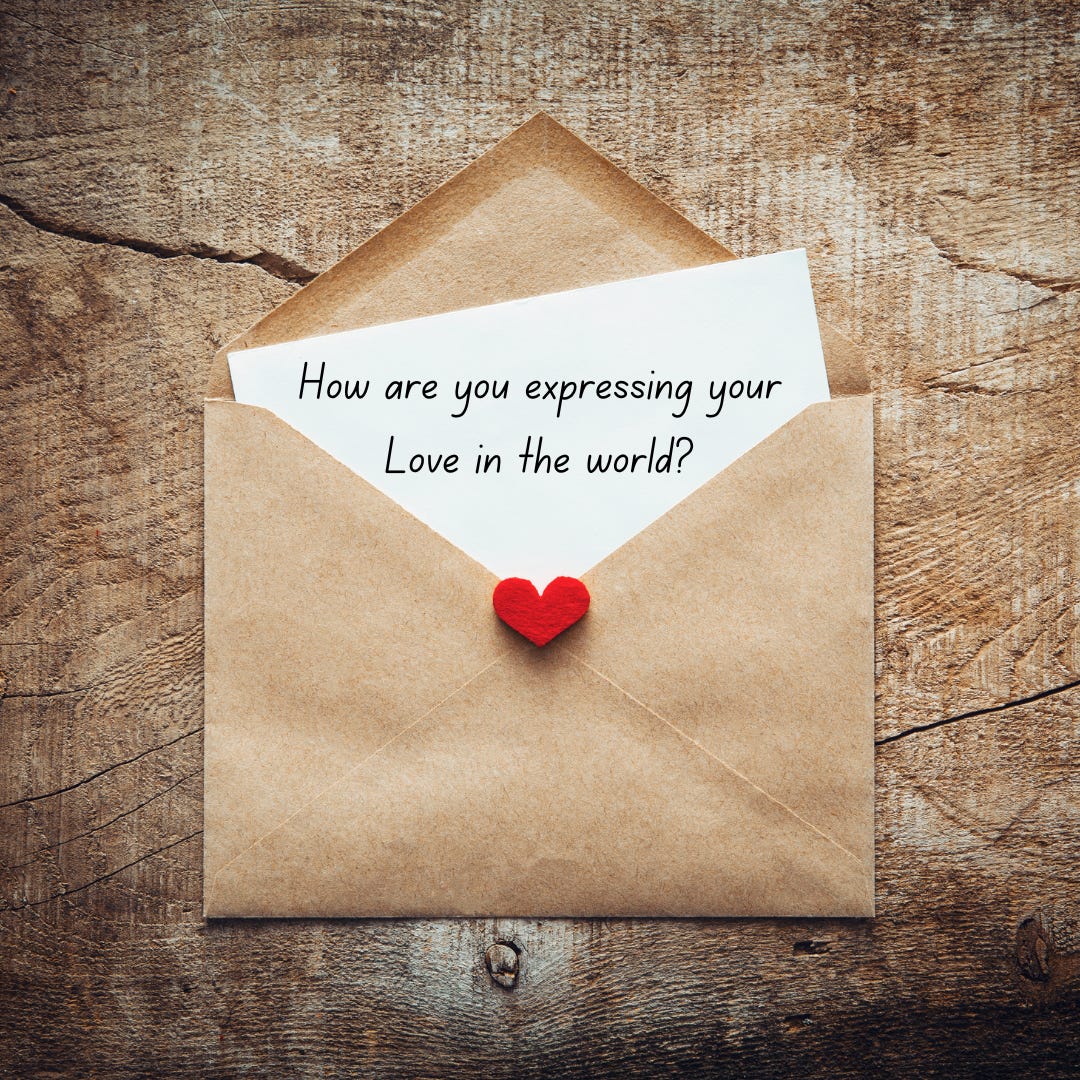Love in All Its Forms: The Seven Types of Greek Love to Celebrate This February!
The marketing machine tells us it’s Love Month—our beloved February! Every year, I ask myself, “Am I here for it?” This year, I have to say—I’m here for it! It has made me reflect on love itself, beyond just romantic love.
Just to gain perspective I invite you to ask yourself these questions:
Do I have love in my life? Who are the people I love deeply? Who are the people who express their love for me in various ways? What do I love about my life? How do I express my love for the people and aspects I cherish?
Upon reflection and research, I stumbled upon the ancient Greeks and discovered that they had a more nuanced understanding of love, categorising it into 7 distinct types. There are many ways to love, each with a different focus and expression. Love is universal, transcending time, culture, and language. I’m starting to see how these different expressions of love have been shaping my human experience.
1. Eros – Passionate Love
Eros is the love of passion and desire, often associated with physical attraction and romance. It is named after Eros, the Greek god of love and fertility. This type of love is intense and can be consuming, often linked to the idea of a soulmate connection. However, Plato, in his work Symposium, suggested that Eros can be elevated beyond physical desire to become a spiritual pursuit of beauty and truth.
2. Philia – Deep Friendship
Philia is the love shared between close friends, characterised by loyalty, mutual respect, and shared values. Aristotle considered Philia as essential to a well-lived life, describing it as the love that binds communities together. Unlike Eros, Philia is not driven by passion but rather by deep emotional bonds and companionship.
3. Storge – Familial Love
Storge is the love between family members, such as the bond between parents and children or between siblings. It is natural, unconditional, and instinctual, often built over time. Unlike Eros or Philia, Storge is not necessarily chosen but arises from a sense of duty, familiarity, and affection.
4. Ludus – Playful Love
Ludus refers to flirtatious, lighthearted love often seen in the early stages of relationships or casual interactions. It embodies the game of love, emphasizing fun, teasing, and excitement. The Greeks viewed Ludus as an essential part of youthfulness, allowing people to experience joy and pleasure without deep emotional attachment.
5. Agape – Selfless Love
Agape is the highest form of love, often described as universal love—love for humanity, nature, or even the divine. It is selfless, unconditional, and transcendent. Aristotle and later Christian philosophers adopted Agape to describe a love that is given without expecting anything in return, making it a fundamental principle of compassion, kindness, and altruism.
6. Pragma – Enduring Love
Pragma is the love that stands the test of time, often seen in long-term marriages or deep commitments. Unlike Eros, which is fed by passion, Pragma is built on understanding, patience, and compromise. It requires effort and dedication, reflecting the idea that love is not just about emotions but also about choice and perseverance.
7. Philautia – Self-Love
Philautia is the love of oneself, which can manifest in two ways: healthy self-respect or narcissistic self-obsession. Aristotle emphasised the importance of self-love as a foundation for loving others, arguing that a person who values themselves in a balanced way can extend love outward. However, excessive Philautia, or narcissism, can lead to arrogance and selfishness.
The Greek perspective on love reminds us that love is multi-dimensional—it’s not just about romance but also about friendship, family, self-care, and community. Understanding these different types of love allows us to cultivate more meaningful relationships in every aspect of our lives and give us a more clear reflection of what kind of love we are experiencing in our lives. It creates space for appreciation and to focus in what we have instead of what we don’t.
Which type of love resonates with you the most? Let me know in the comments!






